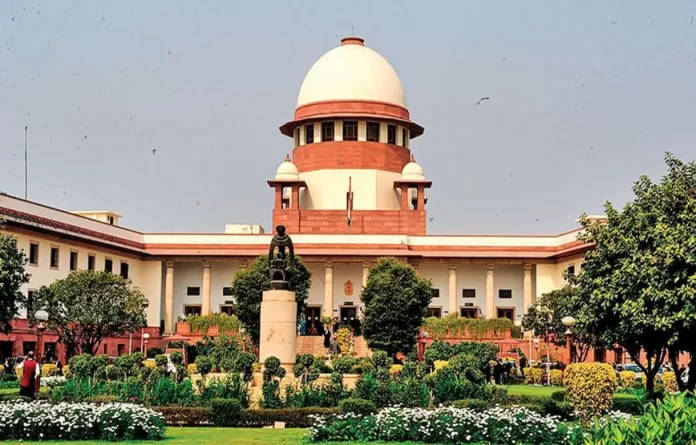In a compelling display of judicial pragmatism, the Supreme Court on August 18, 2025, deferred its ruling on the National Highways Authority of India’s (NHAI) appeal, which takes aim at the Kerala High Court’s directive halting toll collection at the Paliyekkara toll booth along NH-544. The toll had been stayed due to the deteriorated state of the Edappally–Mannuthy stretch, which had engendered crippling traffic snarls .
A bench comprising Chief Justice B. R. Gavai, Justice K. Vinod Chandran, and Justice N. V. Anjaria took note of a weekend traffic blockage that endured for more than 12 hours, casting doubts on the fairness of collecting toll from commuters who were effectively stranded. Challenging the NHAI’s rationale, Justice Chandran quipped, “The lorry didn’t topple on its own—it plunged into a pothole and flipped over,” underscoring the abject road conditions.
When informed that the toll for the 65-kilometer stretch stood at ₹150, Chief Justice Gavai questioned, “Why must a motorist pay ₹150 if it consumes 12 hours to traverse a segment that should take roughly an hour?” The Court mused that a more fitting response might be a pro-rata toll reduction rather than a full waiver, yet also quipped that a 12-hour delay renders even proportionate reduction untenable.
Solicitor General Tushar Mehta, defending the NHAI, reiterated that service roads had been constructed to mitigate issues during underpass works, yet monsoonal rains had derailed progress.
Meanwhile, Guruvayoor Infrastructure Ltd., the toll operator, implored that delays and bottlenecks arose from third-party contractors—specifically PSG Engineering, tasked with underpass works—not from their own operational lapses. The firm contended the order jeopardized its revenue despite its maintenance of the rest of the highway and requested a stay.
The Court signaled that financial claims between NHAI and the concessionaire should be resolved through arbitration, rather than judicial diktat. CJI Gavai acknowledged the governmental duty to sustain public-trust obligations, particularly amid monsoon-induced distress, and announced that the Court would reserve its order after considering all submissions


